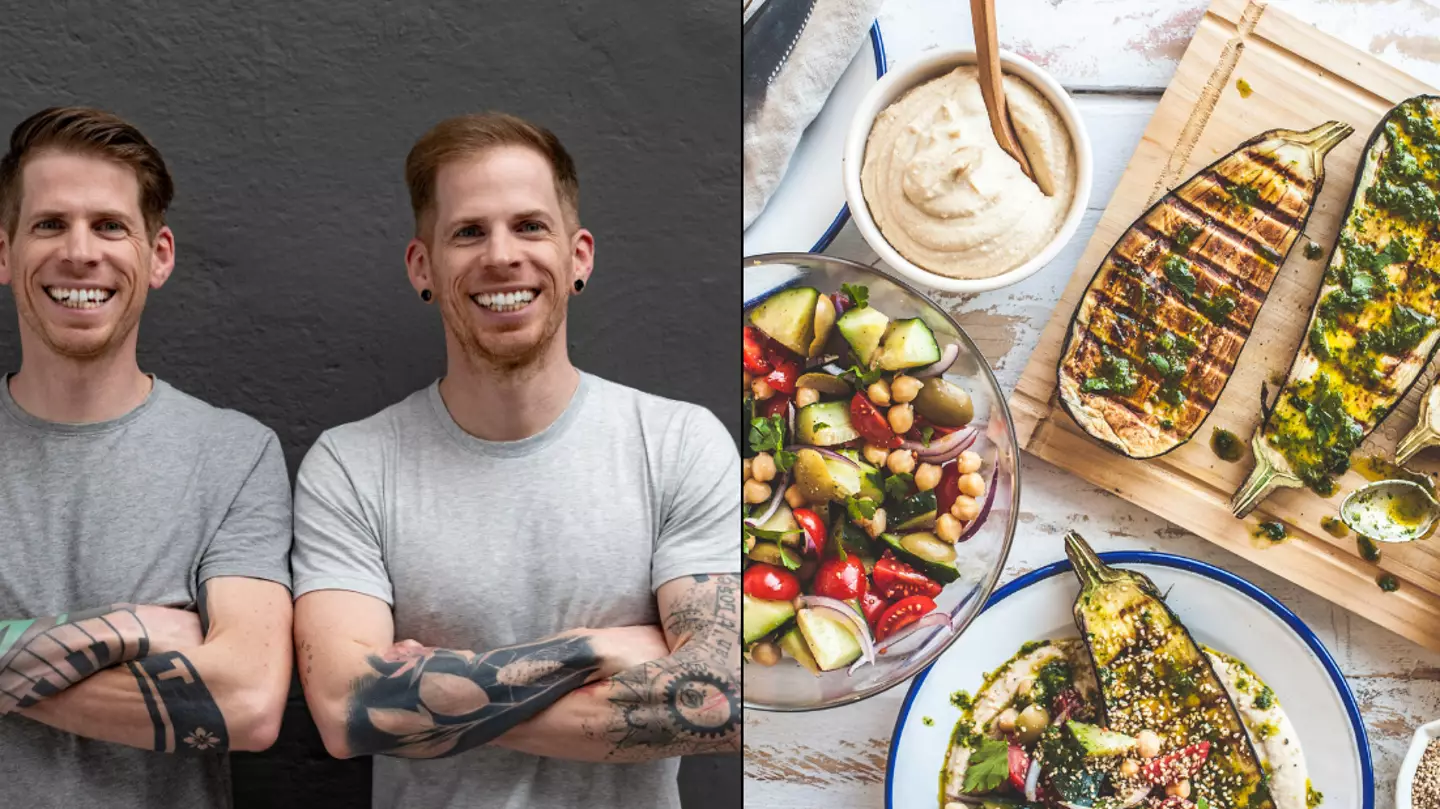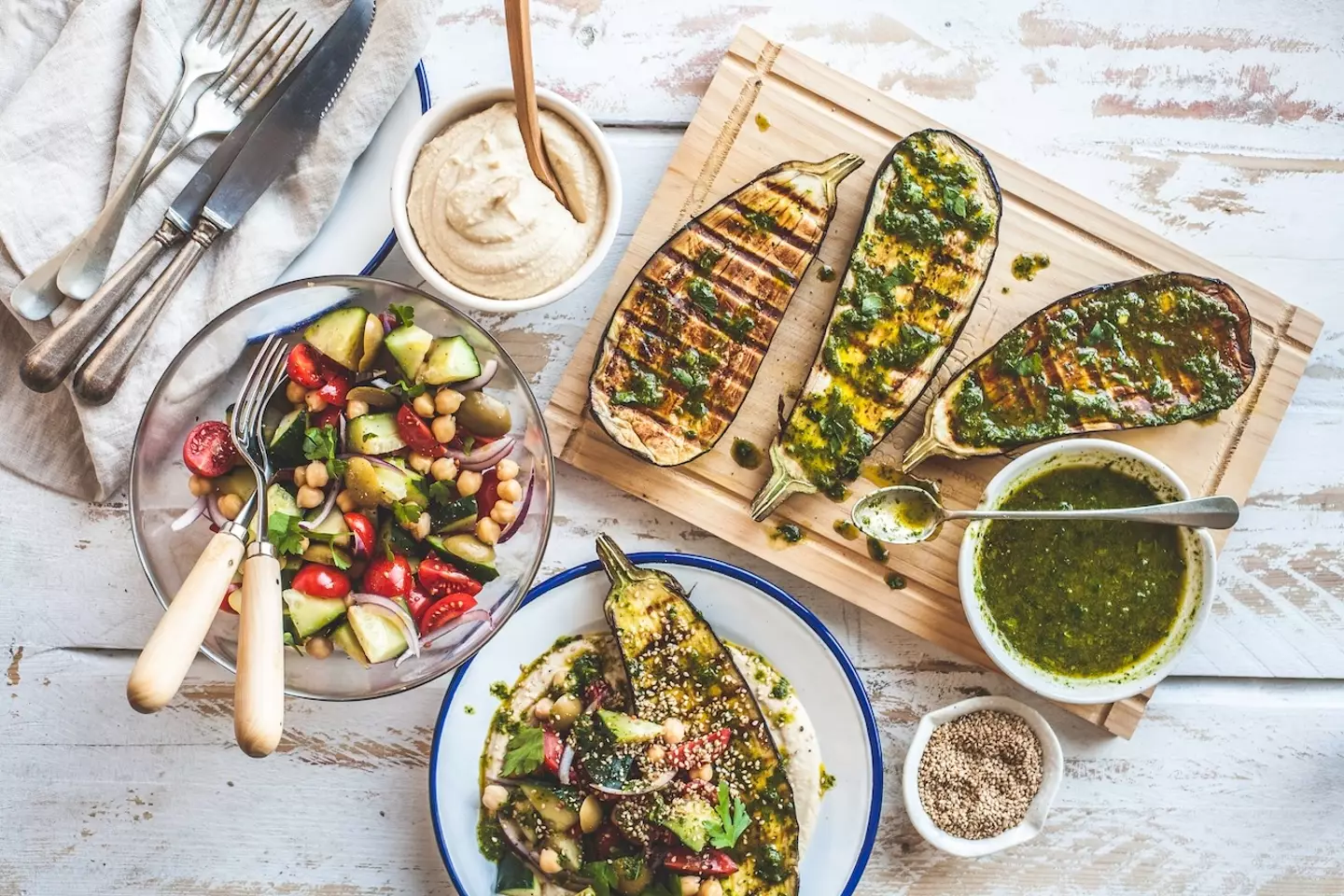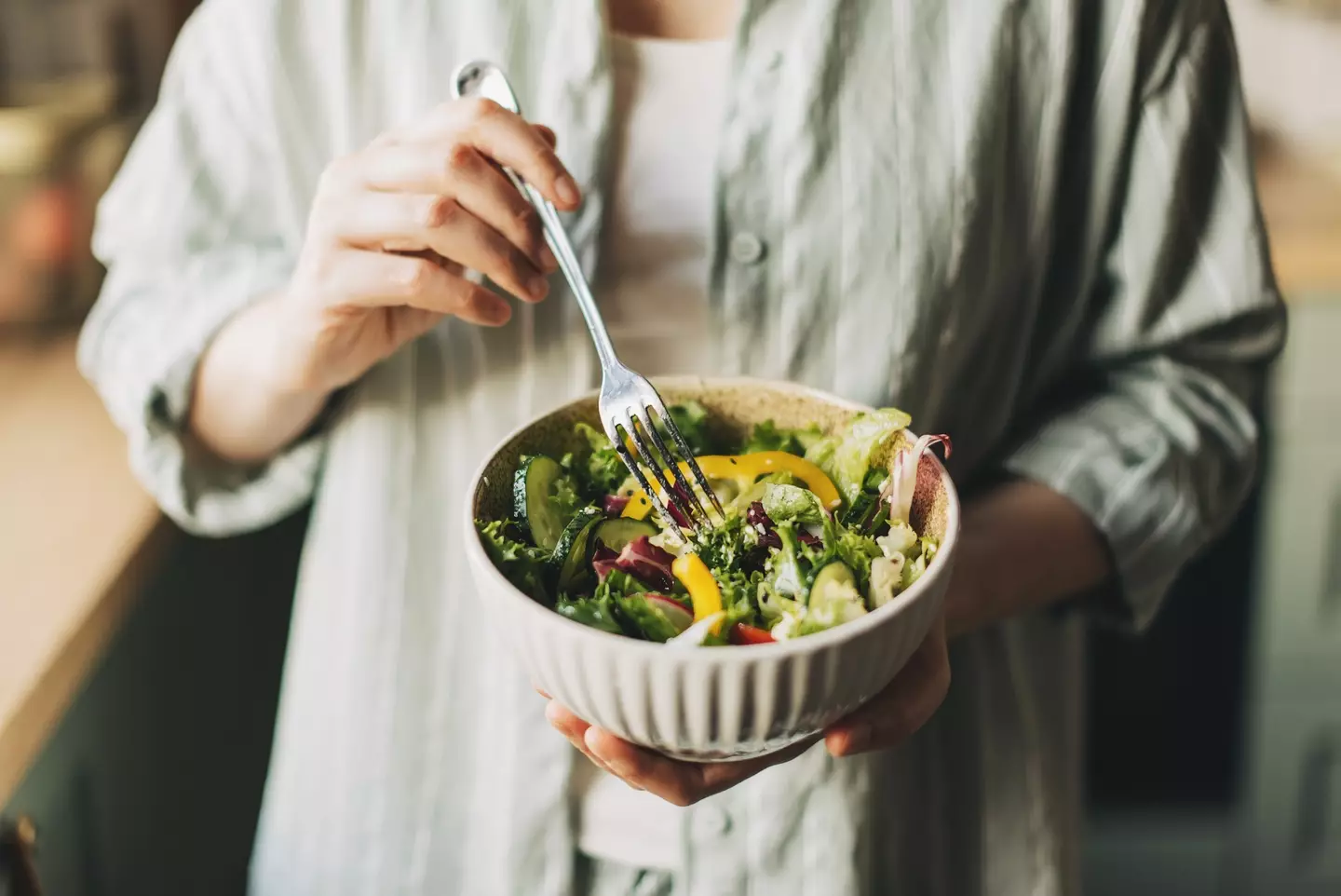
Researchers have revealed the surprising results of a study which saw 21 twins go on separate vegan and meat diets for eight weeks.
Depending on who you speak to, pretty much everything you eat has negative connotations these days.
I mean, most of us know fast food, particularly fried food, is not good for you.
Advert
It's often high in saturated fat, trans fats and calories, which can increase the risk of heart disease, obesity and other health issues.
But it's the other stuff, like eggs, which some people say are a healthy and natural source of protein, while others say eggs are bad for your cholesterol.
Again, fruits are considered to be a healthy option, but some argue they contain too much sugar.
Advert
Next they are going to start saying water is bad for you, and actually, they already are.
One debate that's come to fruition in recent years, however, is the veganism vs meat diet.
Netflix's Cowspiracy documentary is something that sparked off the conversation when it hit screens in 2015.

Though one study explored this even further by involving 21 pairs of identical adult twins, as half were asked to go vegan, and half were asked to eat meat.
Vegan vs meat: How did the study work?
To make things as fair as possible, the participants had food prepared for them for the first four weeks, and for the second four weeks they ate meals they cooked themselves.
Advert
The average age of participants was 40 and their average BMI was at 26 kilos per metres squared.
Notably, there were more women involved in the study, 77 percent.

The results
After eight weeks, the study - published in the journal BMC Medicine - revealed that the vegans, on average, lost more weight (2kg) and found a decrease in the estimates of biological age.
Advert
Commenting on the findings, Professor Christopher Gardner, of Stanford University, California, said: "We also observed decreases in the ages of the heart, hormone, liver, and inflammatory and metabolic systems of participants who ate a vegan, but not an omnivorous diet, for eight weeks."
That being said, Tom Sanders, professor emeritus of Nutrition and Dietetics at King’s College London, who was not involved in the study, claimed: “Although observational studies indicate that vegan diets may have favourable effects on health in middle age (such as a lower risk of cardiovascular disease and type 2 diabetes), this is not the case in older vegans who seem more likely to suffer from muscle loss, low bone density and neurological disorders which have a significant impact on the quality of life.
“Indeed, life expectancy does not differ in vegans compared with those who select mixed diets.”
Topics: Food And Drink, Health